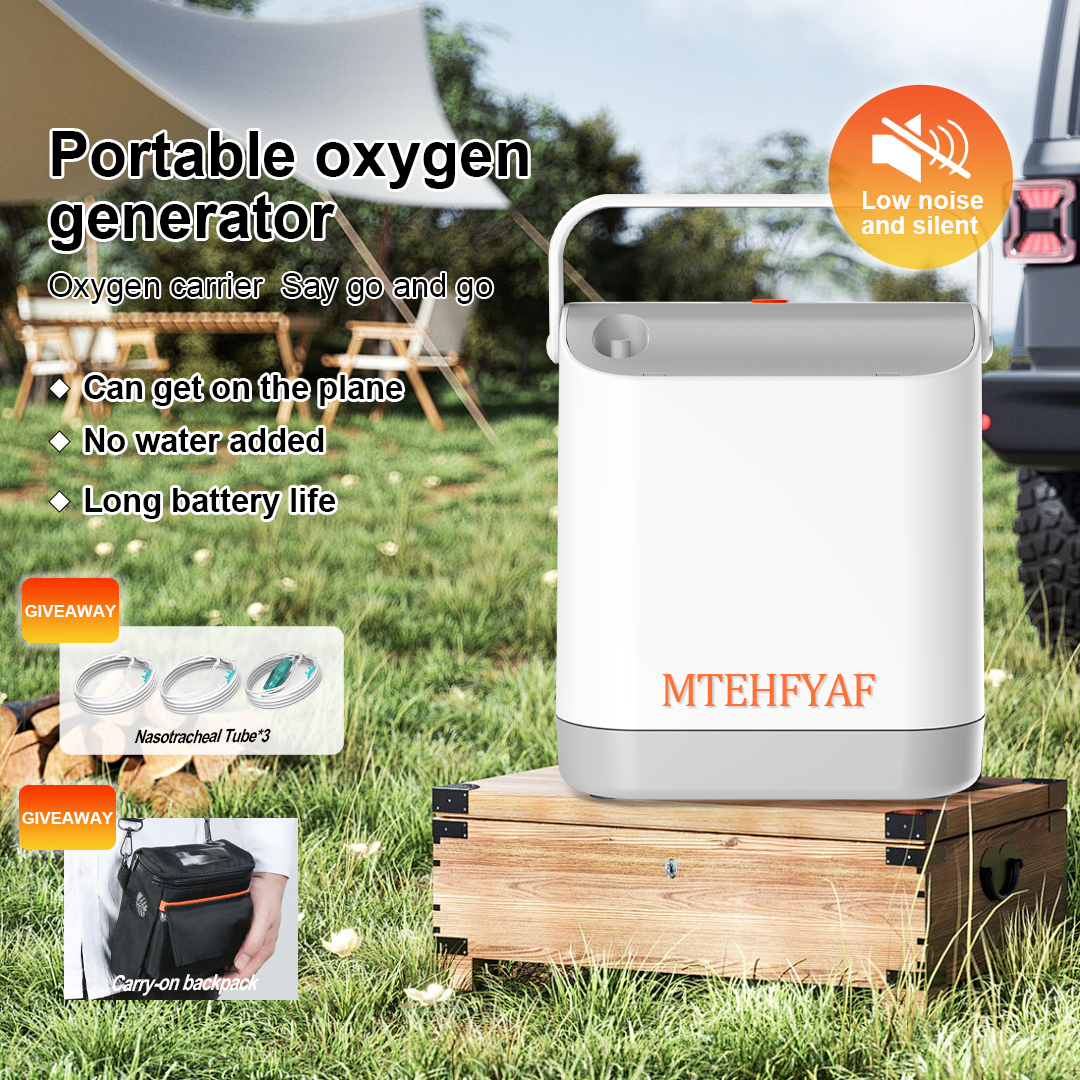The link between hydrogen and depression

A study by the Lancet, a renowned medical journal, pointed out that the global burden of mental disorders has become more heavy after the COVID-19 epidemic, with cases of major depression and anxiety increasing by 28% and 26% respectively, and the number of depression patients surging by 53 million, an increase of 27.6%. In addition, nearly 1 million people worldwide commit suicide every year due to depression.
These lost lives seem to tell us that depression is not just an ordinary "unhappy", nor is it a "fragile" and "twee" looking for trouble, nor is it a rare disease far away from us; If not dealt with in time, our "unhappiness" may become "depression", and even a mild depressive tendency may gradually deteriorate to the point of uncontrollable.

There are 11 hidden signs of depression:
1. Sleep disorders.
Most depressed patients have varying degrees of sleep disorders, including insomnia, lethargy, early waking and so on. Insomnia may be due to high pressure, mental state is not good, clinical generally not classified as depression; And "early wake up" symptoms are more special, is often one of the indicators of the diagnosis of depression.
2, easy to fatigue.
Depressed people have reduced serotonin production in the brain, resulting in a decreased sense of pleasure. At the same time, serotonin levels affect adrenaline secretion, so that people do not get enough energy supply, and feel a deep sense of fatigue.
3. Anxiety.
95% of patients with depression are accompanied by some degree of anxiety, as restlessness, fear, nervousness, difficulty concentrating, easy to sweat, body shaking, muscle twitching, rapid heartbeat and so on.
4. Unexplained pain and discomfort.
Almost half and up to 76 percent of people with depression experience symptoms of physical pain, such as headaches, back pain, limb pain, and lower back pain. In addition, some patients also experience chest tightness, diarrhea, gas or constipation and other digestive problems.

5. Waning interest.
Loss of interest in daily life is one of the main symptoms of depression. No motivation to do anything, including hobbies and specialties that used to make you happy and fulfilled.
6. Difficulty concentrating.
Memory loss and inability to concentrate are classic symptoms of depression. Depression affects multiple brain regions, including the prefrontal cortex and hippocampus. The former functions mainly include attention, short-term memory, planning and problem solving, while the latter plays an important role in the formation of long-term memory.
7. Self-isolation.
Most patients do not want to contact with people, often sit alone, or stay in bed all day, live alone behind closed doors, alienate friends and relatives, and avoid social interaction. People with severe depression close the curtains to shut out the sun and refuse to go out.
8. Low self-evaluation.
Patients tend to blame all the fault on themselves, think that they are useless, and feel that life has lost hope.
9. Big mood swings.
Happy and sad states switch back and forth. The patient's depressive mood has the law of morning heavy night light, the morning or morning is a low mood period, the afternoon or evening has improved, and can carry out simple conversations and activities.
10. Irritability.
There are many types of depression, one of which is agitated depression. During the onset of the disease, even trivial things will make the patient angry, verbal aggression, throwing things and so on.
11. Diet changes.
Some patients will become hungry and lose weight rapidly under the torture of negative emotions; Others have a large appetite, overeating, and seem to want to soothe a depressed mood through taste satisfaction.
After understanding the improvement effect of hydrogen on a series of nervous system problems (Alzheimer's, Parkinson's, stroke, etc.), we also focus on neuropsychological diseases. In 2016, for the first time, some scholars reported that hydrogen can improve depression tendency by giving hydrogen water, and then some scholars proposed that inhaling hydrogen can also significantly improve the performance of depression. Reducing anxiety and abnormal behavior suggests that hydrogen may also have a good effect on neuropsychological disorders.
Patients with depression often exhibit inflammation, characterized by increased expression of pro-inflammatory cytokines such as interleukin-1 (IL-1), interleukin-6 (IL-6), and tumor necrosis factor (TNF). Proinflammatory cytokines can cause pathological behavior, inducing depression-like neuroendocrine and central neurotransmitter changes that are exacerbated by tonic stimulation. It has been found that hydrogen selectively reduces cytotoxic oxygen free radicals, and hydrogen-rich saline may inhibit the production of some pro-inflammatory mediators.
 Mizuno et al., of Osaka City University in Japan, carried out a double-blind controlled trial to study the effect of drinking hydrogen-rich water on the qualityoflife (QOL) of healthy adults. In this study, 26 patients were randomly divided into a hydrogen-rich water (600mL·d−1) group and a placebo (600mL·d−1) group with 13 patients in each group for continuous intervention for 4 weeks using a bidirectional crossover design. The results showed that the changes in K6 score and sympathetic nerve activity in the hydrogen-rich water group were significantly lower in the resting state than in the placebo group, suggesting that HRW may enhance quality of life by improving central nervous system function including mood, anxiety and autonomic nervous function.
Mizuno et al., of Osaka City University in Japan, carried out a double-blind controlled trial to study the effect of drinking hydrogen-rich water on the qualityoflife (QOL) of healthy adults. In this study, 26 patients were randomly divided into a hydrogen-rich water (600mL·d−1) group and a placebo (600mL·d−1) group with 13 patients in each group for continuous intervention for 4 weeks using a bidirectional crossover design. The results showed that the changes in K6 score and sympathetic nerve activity in the hydrogen-rich water group were significantly lower in the resting state than in the placebo group, suggesting that HRW may enhance quality of life by improving central nervous system function including mood, anxiety and autonomic nervous function.
In general, hydrogen as a potential preventive or intervention molecule has a positive effect on stress tolerance and even stress-related disorders including depression and anxiety. Hydrogen is expected to be a new and effective method to prevent and intervene in depression.






